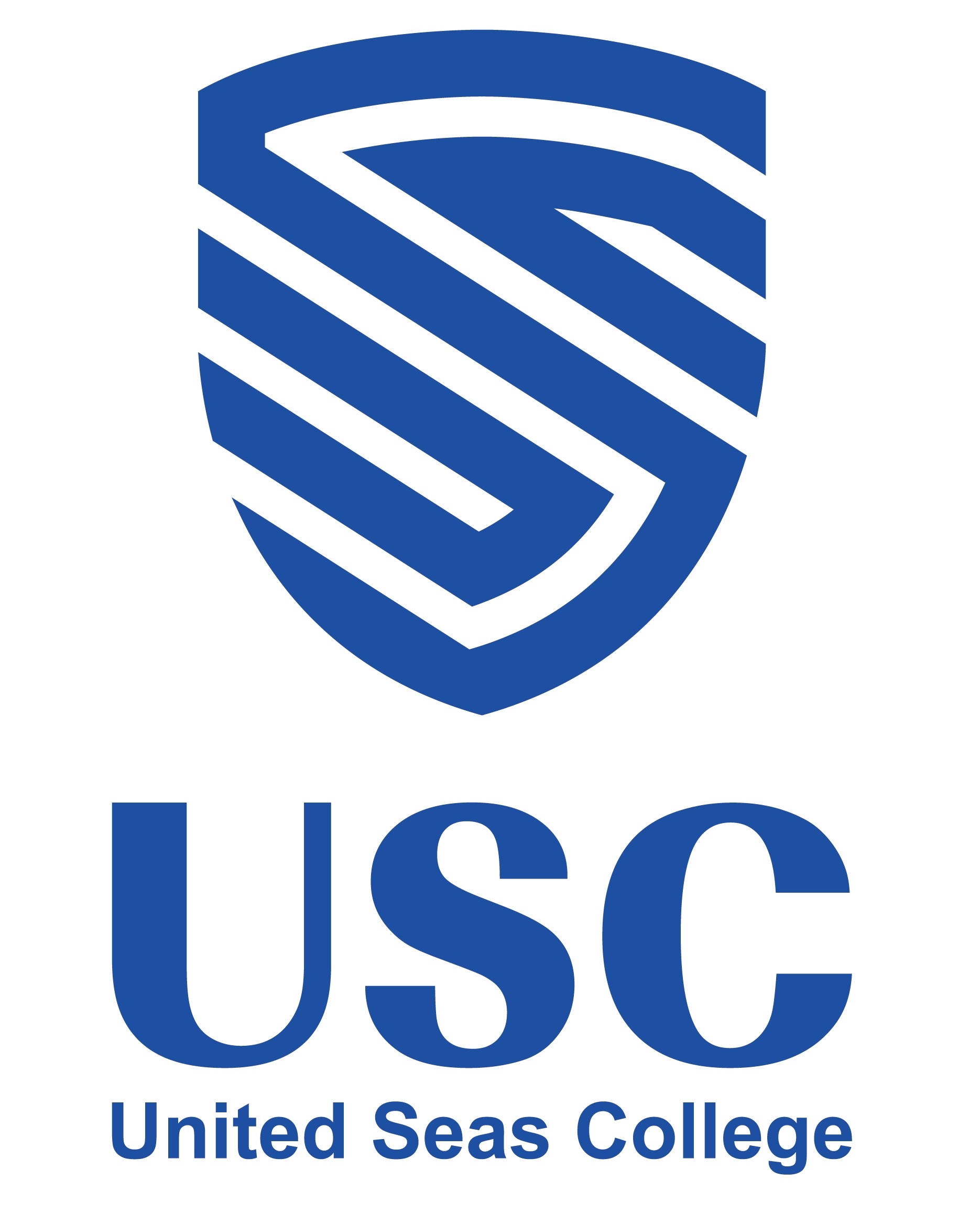Professional Certificate in Enterprise Risk Management
Aims & Learning Outcomes
As enterprise risk management gains momentum in Singapore, more risk management professionals are beginning to recognize the value and benefits of risk assessment. They are seeking greater clarity on the implementation of risk control.
The Singapore Standards Council published SS IEC 31010:2021 Risk Management – Risk assessment techniques in 2022. This Singapore Standard provides guidance on the selection and application of techniques for assessing risk in a wide range of situations. The techniques are used to assist in making decisions where there is uncertainty, to provide information about risks, and as part of a process for managing risk. This complements the overarching ISO 31000.
With risk management professionals believing that the number of crises is on the rise, it is crucial for enterprises to be ready to respond with agility to multiple scenarios that have been rehearsed and tested. Equally important is to understand that many crises can be averted in the first place, allowing enterprises to focus on performance and growth.
Emerging technologies such as Artificial intelligence (AI) and trends in digital transformation, evolving regulatory compliance, and environmental, social and governance requirements are reshaping the risk landscape and influencing business continuity planning. The learning for the new normal is complemented by industry subject matter experts from various key industry sectors (such as technology, healthcare, and manufacturing, including small and medium enterprises).
This Professional Certificate in Enterprise Risk Management programme is developed in collaboration with the Risk and Insurance Management Association of Singapore (RIMAS) and Wuhan Technology and Business University. It is well designed to lead to national recognized and accredited RIMAS-Certified Professional Enterprise Risk Manager (PERM) credential.
Learning Objectives
Students will be learning the industry’s best practices from senior RIMAS risk practitioners.
At the end of this programme, students shall be able to:
- iApply proven and practical risk management concepts, terms, principles, and frameworks aligned to industry best practices
- iManage enterprise and project risks by identifying, analyzing, evaluating, and mitigating threats and capitalizing on opportunities
- iIntegrate ERM into strategy-setting and day-to-day operations for long-term growth and sustainability
- iEstablish the right culture and mindset that manages risks and maximizes returns
Course/ Assessment Structure
Core Modules
1. Risk Assessment Techniques
In a wide range of situations and contexts, the ability to select the right risk assessment technique is crucial to provide relevant information to support decision making to manage uncertainties.
2. Enterprise Crisis Management
To establish crisis management policy and objectives, implement controls and measures to manage disruptive incidents, and monitor the effectiveness of the crisis management process.
3. Leveraging Data and Analytics
To learn how to apply leading practices to take ownership of risk data, effectively explore and promote its uses, and leverage it both internally for improved awareness and risk management. Learn how risk management professionals can better define analytics requirements, identify data needed, evaluate data sources, identify data issues, combine and enhance data, and visualize data.
4. Fundamentals of Cybersecurity and AI Risk
To enable enterprise risk professionals to integrate Cybersecurity risk management activities more fully into the broader enterprise risk processes. Technologies such as Artificial Intelligence (AI) encompassing elements of machine learning, robotics, and natural language processing are at the forefront of increasing process efficiency and enhancing insights. At the same time, new AI-based technologies, products, and services bring technical and societal challenges and risks, including ensuring that AI comports with ethical values.
5. Fundamentals of Regulatory Compliance, and ESG Risk
A robust ESG framework that includes social and environmental aspects preserves value and reduces downside exposure, helping to connect risk, strategy, and decision-making while enhancing corporate performance.
Admission Requirement
-
‘. Normal Entry
-
1. 18 years of age at course commencement date
-
2. Academic Level:
- A local diploma or equivalent; AND
- At least 3 years of relevant working experience or supporting evidence of competency readiness.
-
3. Minimum language requirement:
- GCE ‘O’ LEVEL pass or equivalent
Graduation Requirement
- To earn the academic certificate, students must successfully complete the course by achieving at least a passing grade in all assessments for each required and assigned module.
Delivery and Assessment
-
Delivery Mode: Face to Face.
-
1st 5 weeks:
- Risk Assessment Techniques
- Enterprise Crisis Management
6th – 12th weeks:
- Leveraging Data and Analytics
- Fundamentals of Cybersecurity and AI Risk
13th – 14th weeks:
- Fundamentals of Regulatory Compliance, and ESG Risk
The assessment criterion varies from module to module and can be a combination of examination and continual assessments/practicals.
-
Teacher:Student Ratio is 1:25
Duration
-
PART-TIME : 3.5 months; 2 hours per day for 2 days a week
Total Contact Hours: 56 hours.
Intake Dates
-
Feb/ Jun/ Oct
Fee Structure
-
Course fee is SGD2,500.00
